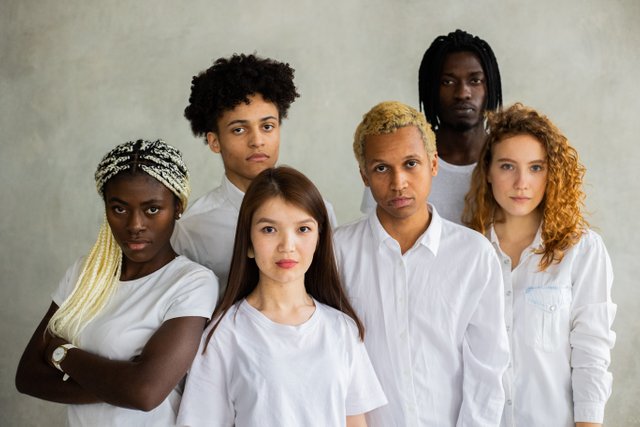The common problem with tolerance in USA
The term "tolerance" means the ability to see in another person the bearer of other values, thinking, norms of behavior, awareness of his right to be different; tolerance for the opinion of another person, customs, religion.
For a long time, the United States had had a problem with racial tolerance. Relevant laws and amendments to the Constitution were adopted. At the present stage, the problem of interethnic tolerance is urgent in the United States, where some achievements have been made.
Progressive changes in politics took place only in the 1960s years when laws were passed that equalized the social status of all nationalities of United States citizens. In 1960-1963, there were many mass "freedom raids" in the southern United States against all forms of racial discrimination. The most important result of the rise of the Negro movement was the adoption in 1964-1965 of acts on the civil rights of Negroes. But whatever these important laws were, they did little to change the real socio-economic situation of the black population.
But many protests took place in the United States after the election of President Barack Obama. The first days after his election became the busiest. In New York, four white men beat a black teenager with a baseball bat because the president is black. Many white Americans believe that the American nation has been destroyed, and the election of a "dark" president is the culmination of a collapse. However, researchers from the Organization for Combating Discrimination believed that the election of an African-American president is a serious step that will make people reconsider their stereotypes and change their lifestyles. If you have to prepare some writing assignment on this topic you should visit GradesFixer and find there many essay examples about tolerance in the USA. At the present stage, the problem of racial discrimination has not disappeared anywhere in the United States. The mass protests in Ferguson and the murder of a black citizen, George Floyd, by white police officers are some examples of this problem.
Another problem of tolerance concerns migrants. Following the 2017 presidential election, rallies were held in support of migrants in response to Trump's signing of an immigration directive in January 2017 banning 90-day entry bans for Muslim citizens (Iran, Somalia, Sudan, Yemen, Syria, and Libya). Protests took place in 65 American cities. Defenders of anti-immigration sentiments were not left without a corresponding reaction. Thus, rallies were organized in support of Trump's election slogans about the deportation of one million migrants, who were actively broadcast by the newly elected President of the United States, and were joined by right-wing radical organizations. The presidential agreement was later overturned by a federal court.
An even bigger problem has arisen in the context of Mexican migration. The cornerstone of the crisis in American society was Trump's anti-immigration policy of "zero tolerance" for migration. As a result, more than 2,300 children have been separated from detained Mexican immigrants at the border with parents". It also received widespread reactions from the American community. In 2017, the Gallup Institute released a study that found that only 36% of Americans support the construction of a wall between the United States and Mexico.
It can be noted that intolerance comes from political power, and society itself perceives such a division of human rights as illegal and discriminatory. The main subjects of intolerance are the official representatives of the state, politicians, government officials.
